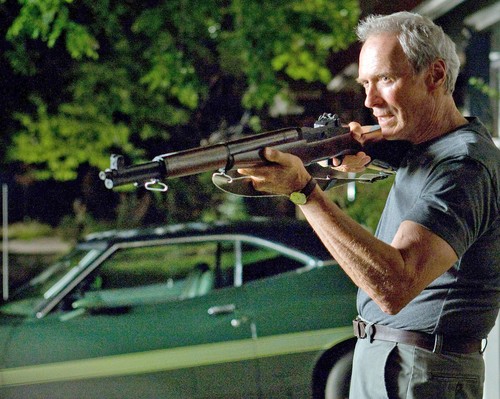This is another item of contention that I have addressed with the parents of my players. Most high school families are striving for their sons to move on to play college baseball. Many of them have no idea what the level of talent is at most programs.
I urge them to get out at some point during the early high school years to find a local program, become a fan and get to see some games. Watch the talent level of both teams with regard to the position your son plays.
Many opinions are formed by how "good" a high school teammate is and where he going. They may only have that as a measuring stick. Nothing wrong with visiting campuses and seeing games. It's also far less expensive then attending a pro game.
Just an opinion here. From my area, I'd say 90% of the kids that I see have never been to a college game.
Lots of snow here in the NE so plenty of time to ponder some thoughts.
Original Post


